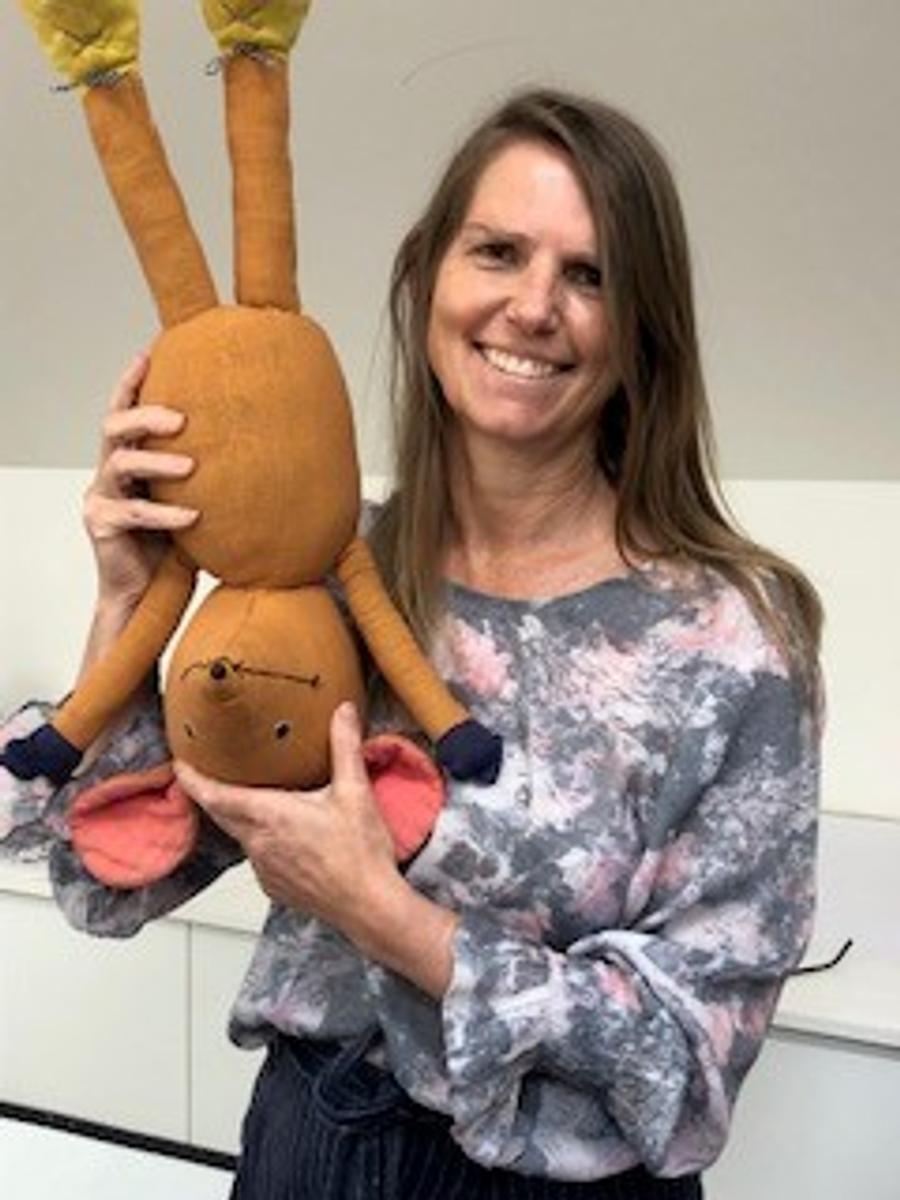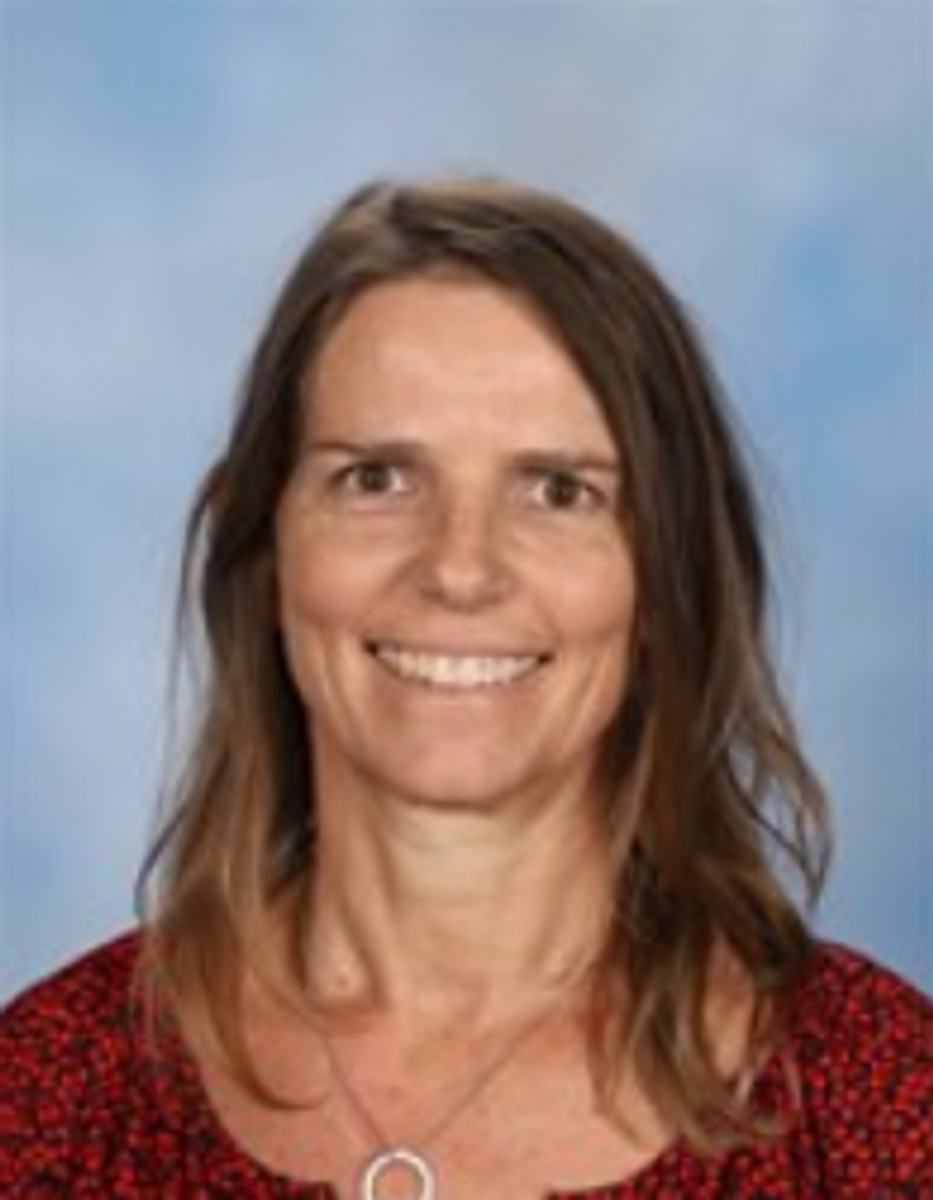French

AU REVOIR NOT ADIEU
It is with a heavy heart that Madame Suzanne, Sid, Mimi, Latte, Pierre, Arnaud, Muzzy, Monkey D Snoopy, Dr Phil and other assorted puppet friends prepare our last contribution for the Arlington Newsletter. It has been a joy and an honour to work with the children, staff and families at Preshil - “un grand merci” to you.
Over the past few years, it has been a constant delight to wander through the campus hearing children calling out “Bonjour/au revoir Madame”, or using exclamations such as “Qu’est-ce qui se passe?” and “Oh, mais non.”
We have had many adventures along the way and made numerous discoveries. Why are there so many English and French words that are similar? Do they use the same alphabet? Am I a polyglot? Why do feminine words often get an extra e? Can you win all the jerseys in the Tour de France? Do we like baguettes? Why do Grand-mère Mathilde and Madame Suzanne look so very similar? Why was La Tour Eiffel built? Does France have a prime minister? Why does Muzzy “mange les horloges?” Can Sid really count to 10 in French?
Learning a new language is challenging. It requires your brain to create new pathways and this demands time, practice and dedication. Like acquiring any new skill, the more practice you put in the better the results. Simon from the Lofties encapsulated this recently when he advised me:
“ Madame Suzanne – I will never forget this sentence – it is in my head. La princess Sylvie n’aime pas Corvax.” Should Simon use this sentence on a trip to France, he may receive quizzical looks, however within this sentence lies many grammar teaching points from which we can build on.
Language learning also requires confidence to have a go, and the children at Preshil embody this attitude. They fearlessly attempt to pronounce new words and support each other’s efforts. This attitude was recently called on in Kinder when Madame Suzanne forgot the ending to a puppet story. Henry B lent over and patted her on the knee, whispering quietly,
“It’s okay Madame Suzanne. Just keep going. You can do it.”
Some of the children have expressed that they feel uncomfortable with change. Why do you have to leave? Why do we need a new teacher? We have had some discussions about how one of the things we can count on in life is that things are going to change. What will be our attitude towards change? Can we be flexible and see it as a new opportunity? I trust that the children will welcome their new French teacher and continue to be risk takers with their learning.
Fortunately for Sid and I it is not ADIEU (a permanent French goodbye) but rather AU REVOIR. We plan on dropping in to visit our Preshil family whenever possible and I look forward to hearing about the children’s new French adventures.
Suzanne Banfield
French Language Teacher




